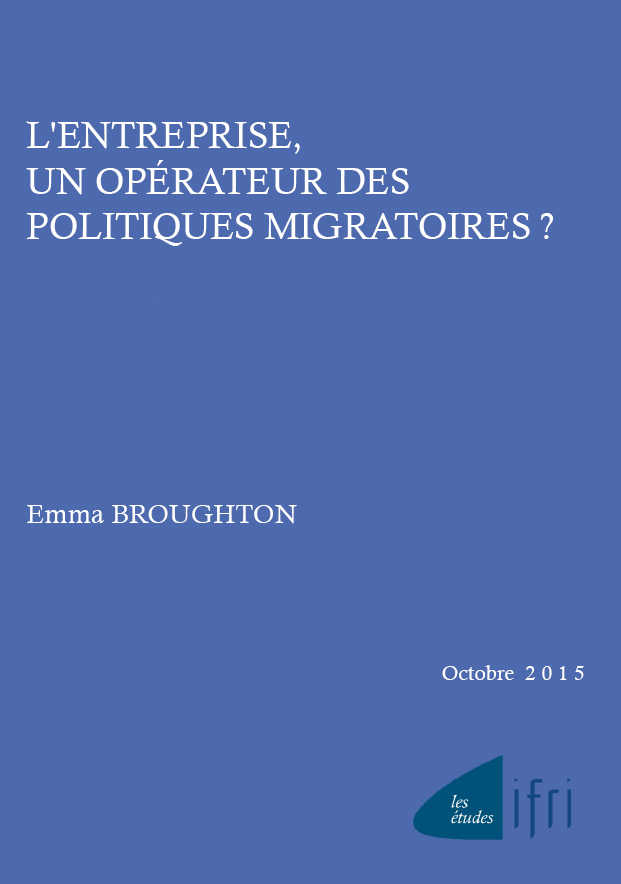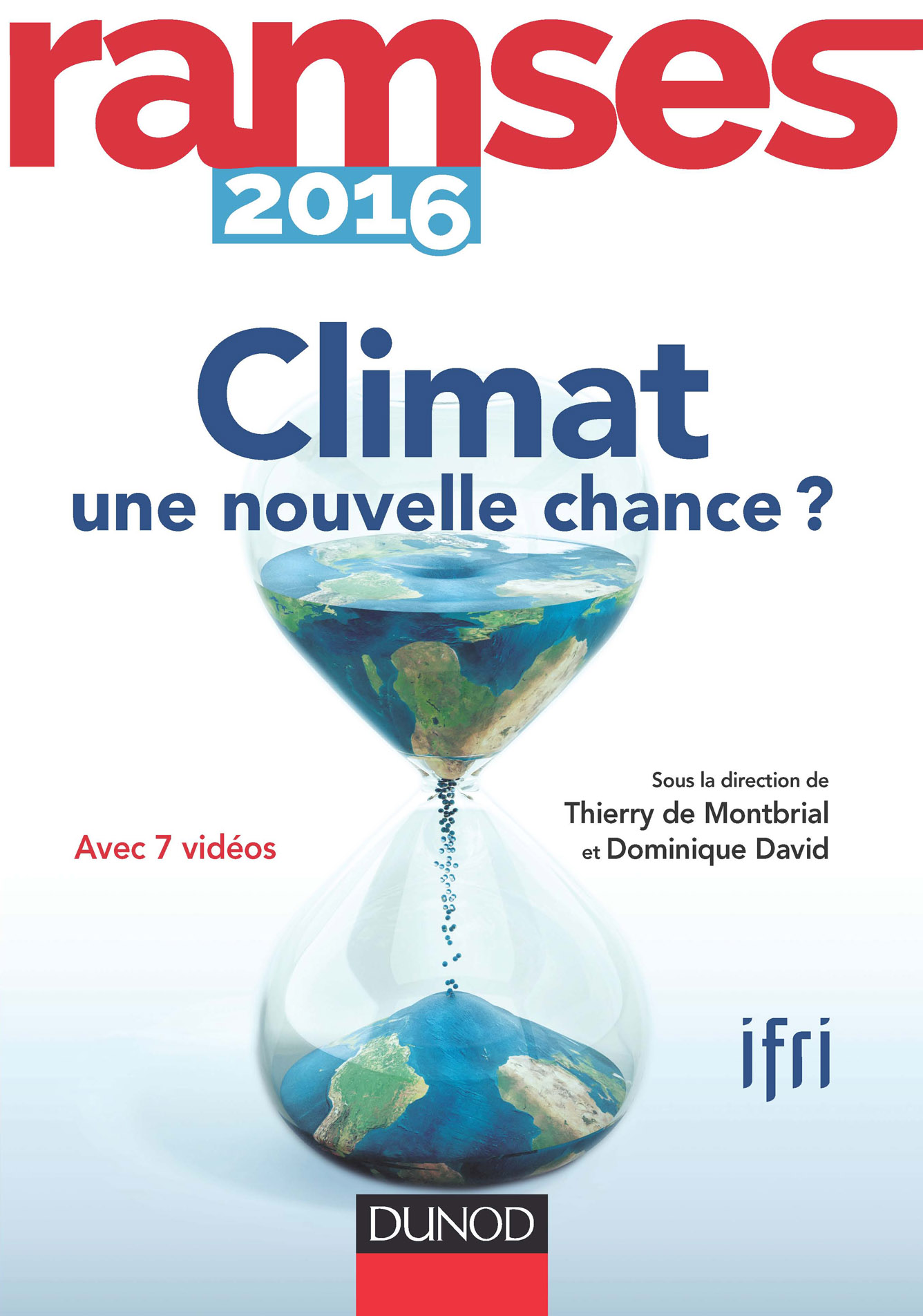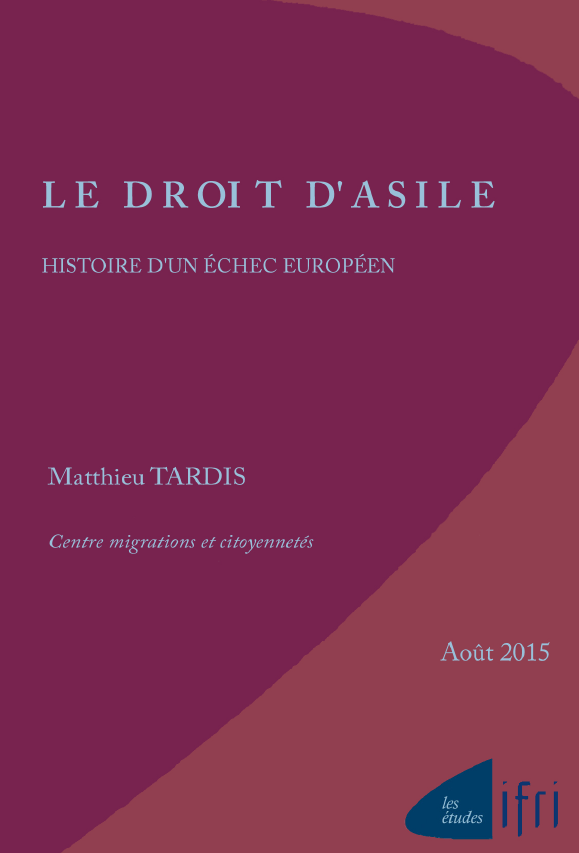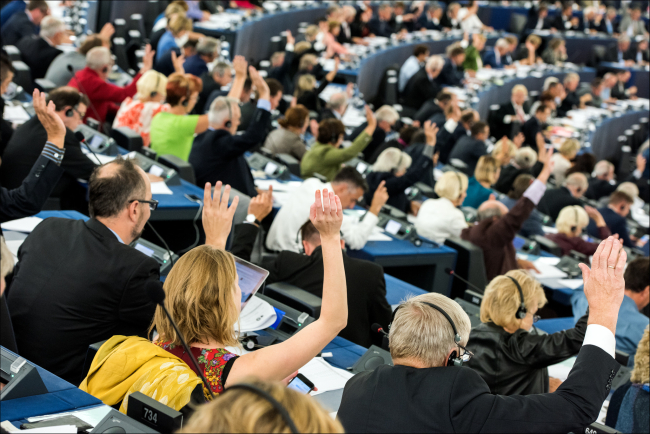Political Systems
At the end of the Cold War, the idea spread that liberal democracy was going to take over the world. In reality, authoritarian regimes have resisted, and political systems remain varied.

Russia: Business and State
Business in Russia today is closely intertwined with the political sphere. But the forms of business’s involvement in politics have differed radically at different stages in history. Initially, business played an active role, displacing the government from its position due to its vigorous expansion. Subsequently, the state began to regroup, reinforcing its positions not just in politics but in the market too. Despite increased economic uncertainty and enormous changes in Russia’s foreign policy positions, the government currently remains the central actor in both Russian politics and the economy.
German Migration Policy: Unfinished Business
Although Germany is currently one of the main immigration countries, the Federal Republic has been slow to develop a long-term migration policy that comprehensively meets the diverse challenges that the country faces. Germany remains focused on short-term actions and is reacting to changes rather than actively anticipating them.

Are private companies agents in the implementation of French immigration policies?
Migration policies and rules applying to the recruitment of foreign workers impact HR and recruitment processes of French private companies. Administrative procedures are both complex and time consuming for they might require extra actions from those employees in charge of the recruitment process. The difficult access to clear information coupled with the impossibility to anticipate the outcome of recruitment procedures hinders economic objectives of firms and impacts their competitiveness.
EU Reform: Mapping out a state of flux
“EU Reform” is widely discussed across Europe but rarely defined. This report analyses how the 28 member states of the European Union understand “EU reform” and provides an insight into how their views might play out in debates on the future of the EU as well as on day-to-day politics.

RAMSES 2016. Climat : une nouvelle chance ?
Written by Ifri's research team and its network of associates, the new RAMSES 2016 analyses geopolitics on a worldwide scale. The major theme of this 34th edition is Climate: A new chance? In addition, RAMSES 2016 tackles the insertion of Africa in globalization and the uncertainties of democracy today in post-industrial societies, but also in the South.

A Time of Change for Algeria’s Foreign Policy
Having been formed in large part by the legacy of the post-independence diplomatic process, by forced withdrawal during the civil war and fixation on a few regional issues, Algerian diplomacy has to redefine itself in a rapidly changing world.
Accommodating Refugees: The Other European Crisis
The European Union (EU) has been trying to establish a common European asylum system for fifteen years. This project has been stalled by disagreements between states, each looking out for its own national interests.

Migratory Flows in the Mediterranean
The current crisis in the Mediterranean is a part of an unprecedented global migratory movement.

Right of asylum: history of a European failure
Since the April 2015 shipwrecks in the Mediterranean, the right of asylum has become a priority in European talks. However, states have remained reluctant and sometimes hostile to measures of solidarity recommended by the European Commission. Such tensions raise the question of the European Union’s capacity to enforce a European asylum policy.
Best friends, eh? The Arctic, Keystone XL and the Canada-United States Relationship in 2015
Canada and the United States enjoy one of the most fruitful relationship in the world. Yet, several points of contention have appeared in recent years over the Northwest Passage and, more importantly, the Keystone XL pipelines. Such disagreements must be analyzed in order to fully grasp the state of the bilateral relationship in 2015.
Support independent French research
Ifri, a foundation recognized as being of public utility, relies largely on private donors – companies and individuals – to guarantee its sustainability and intellectual independence. Through their funding, donors help maintain the Institute's position among the world's leading think tanks. By benefiting from an internationally recognized network and expertise, donors refine their understanding of geopolitical risk and its consequences on global politics and the economy. In 2025, Ifri supports more than 80 French and foreign companies and organizations.








